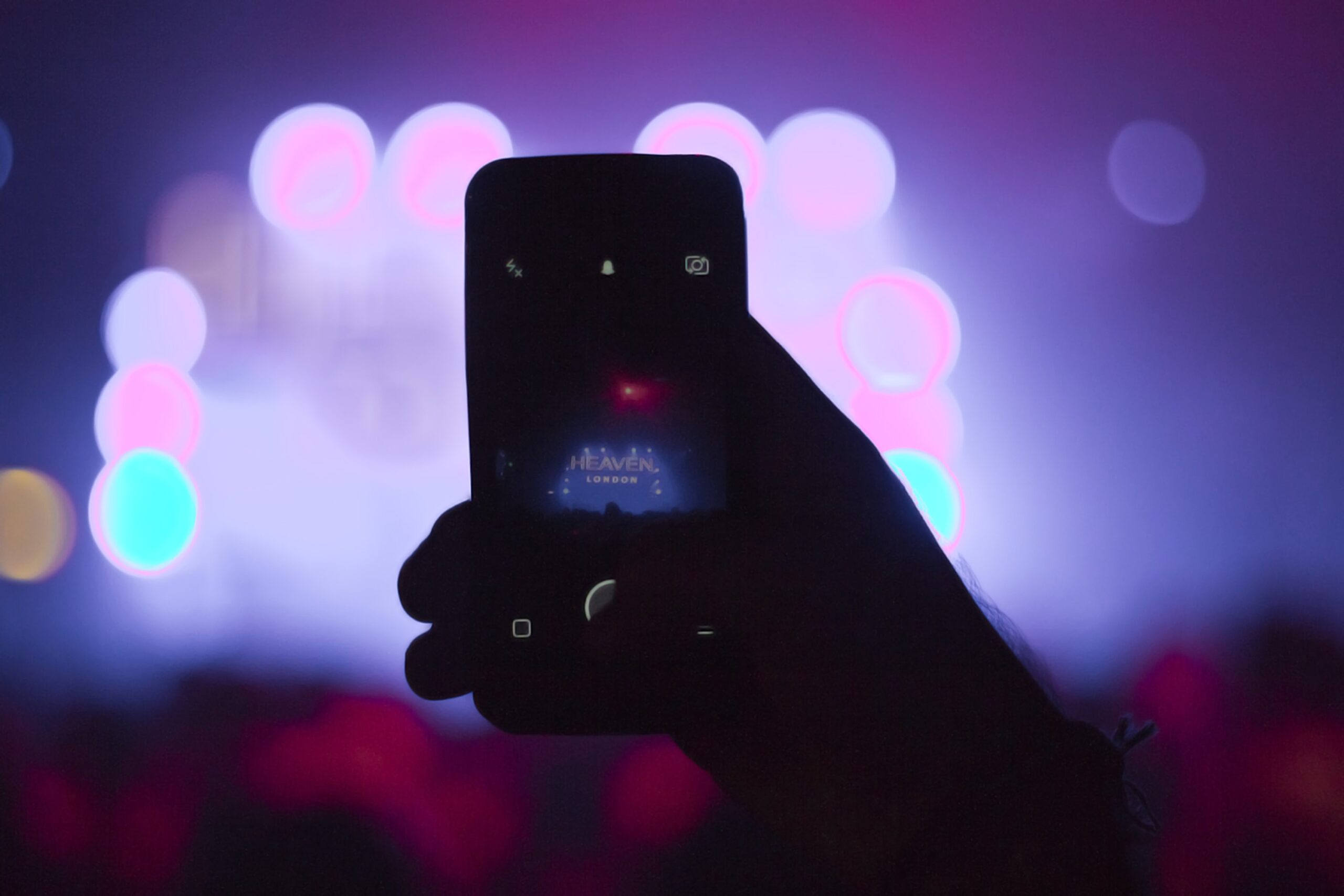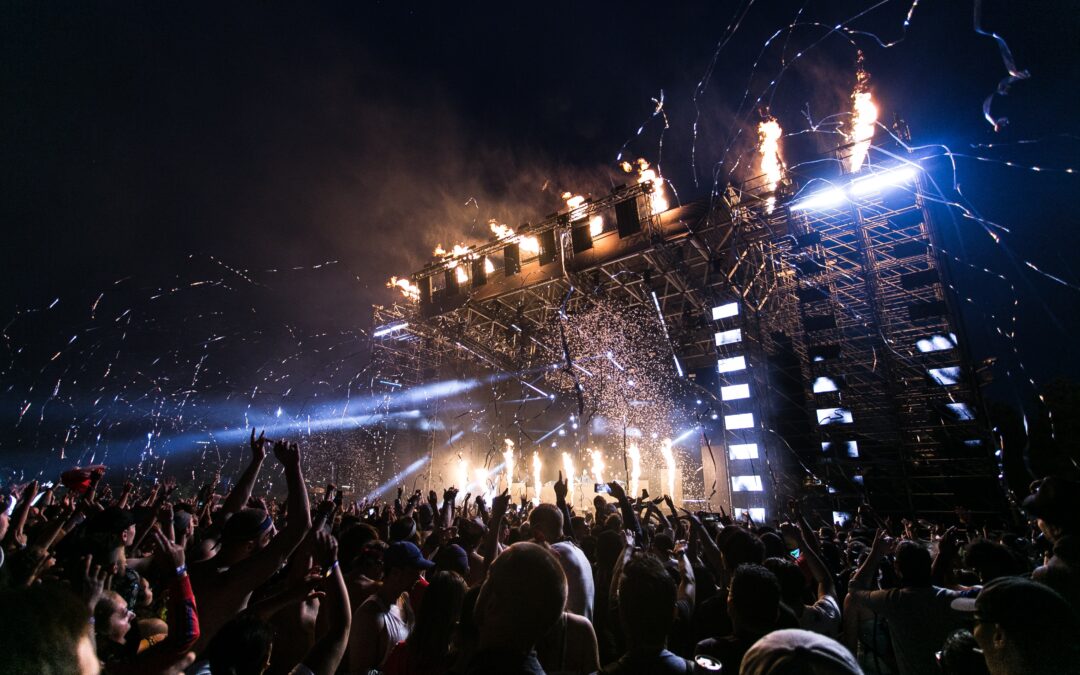Music is an art form that has the power to move and inspire people in ways that few other mediums can. While recorded music has revolutionized the way we consume and experience music, live performance has always remained an essential element of the music industry.
From the earliest days of recorded music, live performances have been an important way for artists to showcase their talent and connect with their fans.
In this blog post, we will explore the importance of live performance in music, from its evolution to the benefits it provides to both musicians and fans.
The Evolution of Live Music Performance
Live music performance has been an integral part of music history since ancient times. From the earliest days of human civilization, music has been performed live for audiences.
In the 20th century, live performance became an even more important aspect of music, with the rise of popular music and touring acts.
In the 21st century, live performance continues to be a vital aspect of music, with many artists earning a significant portion of their income from touring.
According to the International Federation of the Phonographic Industry’s (IFPI) Global Music Report 2019, the global recorded music market grew by 9.7% in 2018, with streaming revenue growing by 34.0%.
However, while recorded music continues to grow in popularity, live performance remains an important aspect of the music industry. In fact, live performance revenue grew by 10% in 2018, making it the fastest-growing segment of the music industry.
The Benefits of Live Performances for Musicians
For musicians, the live performance offers a range of benefits. First and foremost, live performance allows artists to showcase their talent and creativity in a way that is impossible through recorded music alone.
Live performance provides artists with the opportunity to experiment with their music, test out new material, and connect with their fans in a more intimate and personal way.
Live performance also offers artists the opportunity to build their fan base and connect with new audiences. According to a survey conducted by Eventbrite and MusicWatch, 63% of music fans say that live music is their preferred way to experience music, and 79% of millennials say that attending live events makes them feel more connected to other people, the community, and the world.
By performing live, artists can connect with fans in a way that is impossible through recorded music alone, building a loyal following and creating a strong sense of community among their fans.
Additionally, the live performance offers artists the opportunity to hone and improve their musical skills. Touring can be a grueling experience, but it also allows artists to practice and perfect their craft in front of live audiences.
By performing live on a regular basis, artists can improve their stage presence, refine their musical skills, and become more confident and comfortable performers.
The Benefits of Live Performance for Fans
While live performance offers many benefits to musicians, it also provides fans with a unique and powerful experience. Attending a live concert allows fans to connect with the music and the artist in a more personal and emotional way than simply listening to recorded music.
According to a study published in the Journal of Consumer Research, fans who attend live concerts experience a greater sense of emotional connection to the music and the artist than those who simply listen to recorded music.
Live performance also provides fans with the opportunity to connect with the artist on a more personal level.

Many artists engage with their fans during live performances, whether through stage banter, meet-and-greets, or other forms of interaction. By attending a live concert, fans can feel a sense of connection with the artist and the music, creating a memorable and meaningful experience.
Finally, attending a live concert offers fans the opportunity to share a unique and powerful experience with other fans. Music has the power to bring people together, and attending a live concert with other fans creates a sense of community and shared experience.
According to a study conducted by Eventbrite and MusicWatch, 86% of millennials say that attending live events with friends makes them happier than just being on their own.
By attending live concerts with friends or other fans, fans can create lasting memories and share a powerful experience that they will remember for years to come.
The Impact of Technology on Live Music Performance
Advancements in technology have had a significant impact on live music performance over the past few decades. From improvements in sound technology to changes in audience expectations, technology has transformed the way that live music is performed and experienced.
One of the most significant technological advancements in live music performance is the use of sound technology. Advances in sound technology have allowed live music performances to sound better than ever before, with high-quality sound systems and advanced mixing and mastering techniques.
In addition, technology has made it easier for artists to perform live, with tools like loop pedals and backing tracks making it possible for solo artists to create a full sound on stage.
Technology has also changed audience expectations when it comes to live music performances. With the rise of streaming and on-demand music services, fans have access to a virtually unlimited selection of music at any time.
As a result, fans have come to expect a high level of production value from live concerts, with elaborate stage setups, special effects, and multimedia displays becoming increasingly common.
Virtual and online concerts have also become more popular in recent years, allowing fans to experience live music from the comfort of their own homes.
During the COVID-19 pandemic, virtual concerts became even more popular as artists were forced to cancel or postpone their tours.
While virtual concerts cannot fully replicate the experience of attending a live concert, they provide an important alternative for fans who are unable to attend live shows.
The Role of Live Performance in the Music Industry
Live performance is not just important for individual musicians and fans; it also plays a critical role in the music industry as a whole. Live performance is a significant source of revenue for artists and the industry, with touring accounting for a substantial portion of many artists’ income.
According to the IFPI Global Music Report 2019, live performance revenue grew by 10% in 2018, making it the fastest-growing segment of the music industry.
In addition, touring can also have a significant impact on album sales, with artists who tour extensively often seeing a boost in album sales and streaming revenue.
Live performance is also an important promotional tool for artists and the industry. Concerts and festivals provide artists with the opportunity to connect with new fans and promote their music to a wider audience.
In addition, many festivals and concerts are sponsored by brands, providing an important source of revenue for the industry.
Challenges of Live Performance
While live performance offers many benefits to musicians and fans, it also presents a range of challenges. Touring can be a grueling and exhausting experience, with artists often spending months on the road away from their families and loved ones.
In addition, touring can be financially and logistically challenging, with the costs of transportation, lodging, and equipment often adding up quickly.
Health and safety concerns have also become significant issues in recent years in light of COVID-19. Concerts and festivals can also be crowded and chaotic, with the potential for accidents and injuries.
The COVID-19 pandemic has highlighted the importance of health and safety precautions at live events, with many events being canceled or postponed due to public health concerns.
Check out: The Future of Music Festival in a Post-Pandemic World
The Future of Live Music Performance
As technology continues to advance and the music industry evolves, the future of live music performance remains uncertain. However, there are several emerging trends that are shaping the future of live music performance.
One of the most significant trends is the rise of virtual and online concerts. While virtual concerts cannot fully replicate the experience of attending a live concert, they provide a valuable alternative for fans who are unable to attend live shows, as well as an additional revenue stream for artists and the industry.
Another emerging trend is the use of augmented reality (AR) and virtual reality (VR) technology in live music performances.
AR and VR technology can create immersive experiences that allow fans to feel like they are part of the concert, even if they are watching from home.
For example, the hip-hop artist Travis Scott performed a virtual concert on the video game platform Fortnite, which was attended by over 12 million fans.
There is a also growing focus on sustainability and social responsibility in the live music industry. Many artists and event organizers are taking steps to reduce the environmental impact of concerts and festivals, such as using renewable energy sources and reducing waste.
There is also a growing awareness of the social and economic impact of live events, with some artists and organizers prioritizing fair pay and working conditions for event staff.
Check out: Music Production for Virtual Concerts and Livestreams
Conclusion
Live performance has been an essential part of the music industry for decades, offering musicians and fans the opportunity to connect and create shared experiences. While advancements in technology and changes in audience expectations have transformed the way that live music is performed and experienced, the fundamental importance of live performance remains unchanged.
As we look to the future of live music performance, it is clear that new technologies and emerging trends will continue to shape the way that concerts and festivals are organized and experienced.
However, the essential role of live performance in the music industry and in the lives of musicians and fans alike will remain unchanged.






